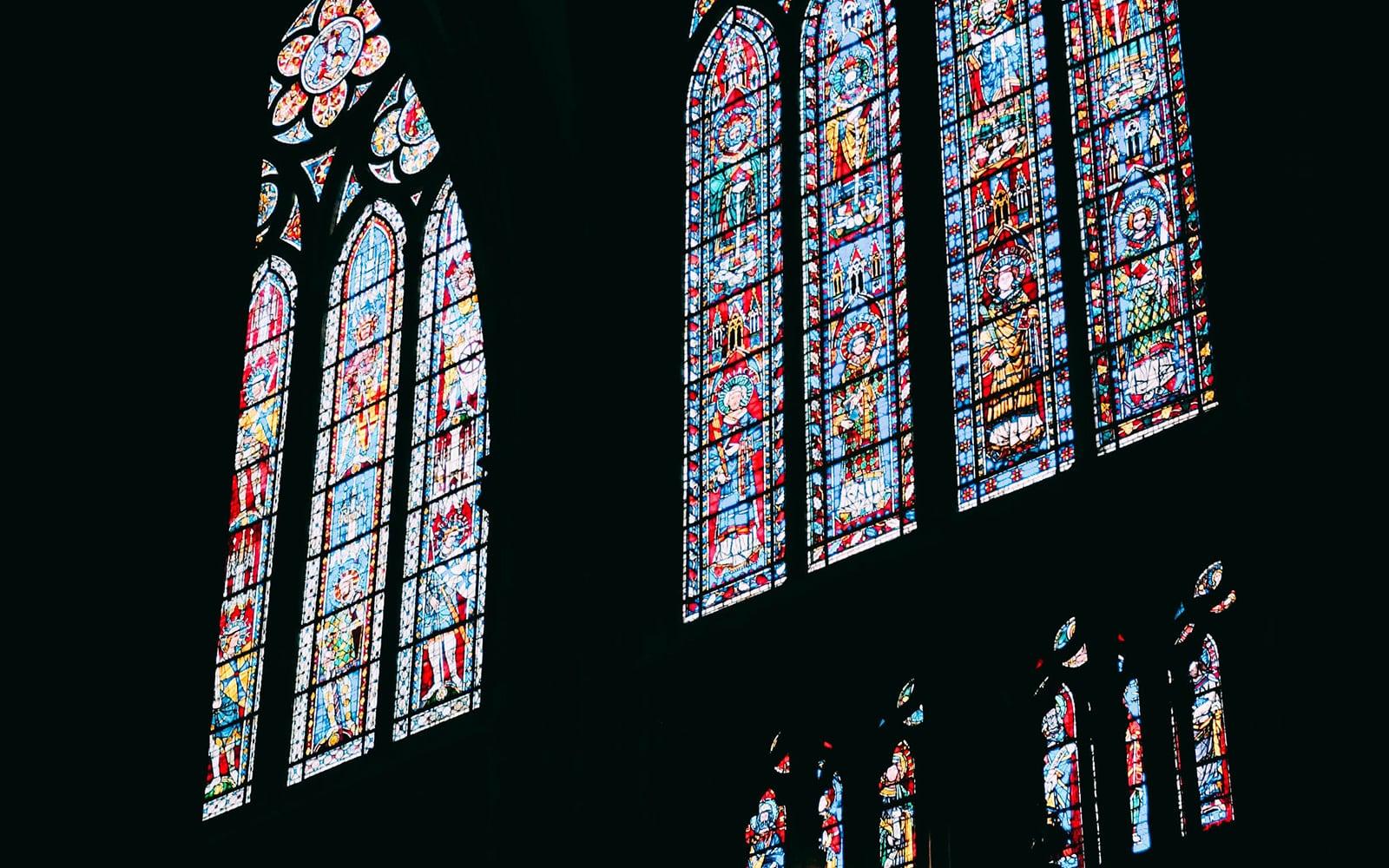How can secular “churches” survive?

There’s a lot to think about in Faith Hill’s recent Atlantic piece about the challenges facing secular organizations that try to offer the same sense of community and fellowship as churches, only without any “God stuff.” But this particular bit jumped out at me (emphasis mine):
Ara Norenzayan, a psychologist studying religion at the University of British Columbia, told me that secular communities might have trouble getting members to inconvenience themselves, as people of faith routinely do for their congregations. He cited a study by Richard Sosis, an anthropologist at the University of Connecticut who studied 200 American communes founded in the 19th century. Sosis found that 39 percent of religious communes were still functioning 20 years after their start, but only 6 percent of secular communes were alive after the same amount of time. And he determined that a single variable was making this difference: the number of sacrifices — such as giving up alcohol, following a dress code, or fasting — that each commune demanded of its members.
For religious communes, the more sacrifices demanded, the longer they lasted; however, this connection didn’t hold for secular communes. The implication, Norenzayan said, was that challenging rituals and taxing rules work only when they’re part of something sacred; once the veil of sacrality is removed, people no longer care to commit to things that demand their time and dedication. “If it’s ‘Come and go as you wish,’ that’s not going to work,” he said. Even if secular congregations could create a sense of the sacred, they tend to attract people who are explicitly looking for a community without costly rituals — one that lets you do what you want.
I’d never begrudge atheists and non-religious folks for wanting to find a community in which they can find fellowship; that’s a deeply human need, and one that’s left increasingly un-fulfilled in today’s culture. But there’s a cost to being part of a community, a loss of autonomy and independence.
Furthermore, a religious community necessarily entails devotion, not just to your fellow congregants, but to something (or Someone) greater than yourself — something that has the audacity to place claims on your life and how you live it, and expects you to be subservient to those claims. Which costs even more autonomy.
Our society, however, places a high premium on promoting and defending individual autonomy. But if autonomy is what’s truly sacred, then communities (secular and religious) that don’t require members to sacrifice and curb their autonomy — or provide convincing and convicting reasons that explain why doing so is beneficial and even necessary — will likely face some real challenges to their ongoing existence.